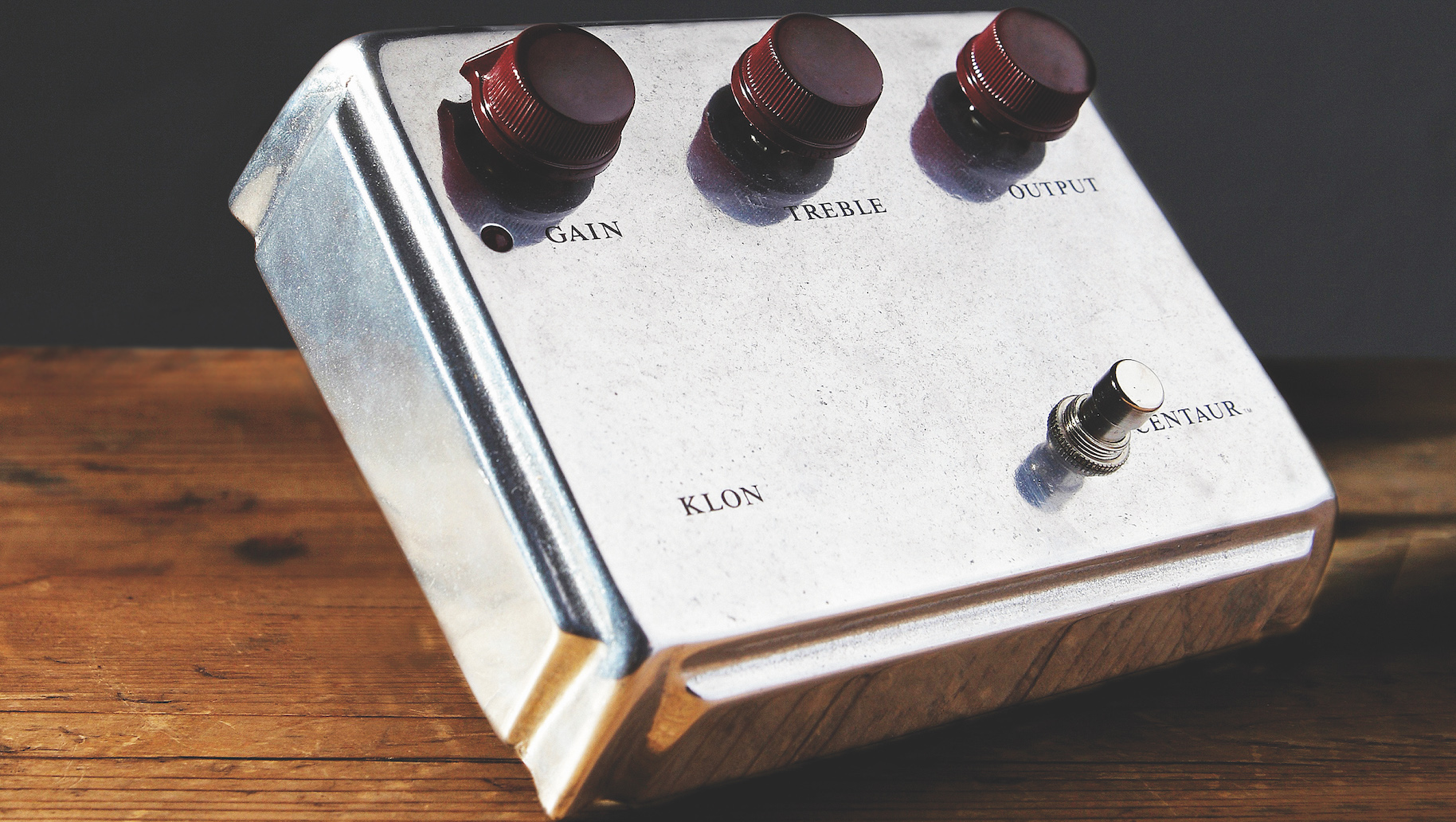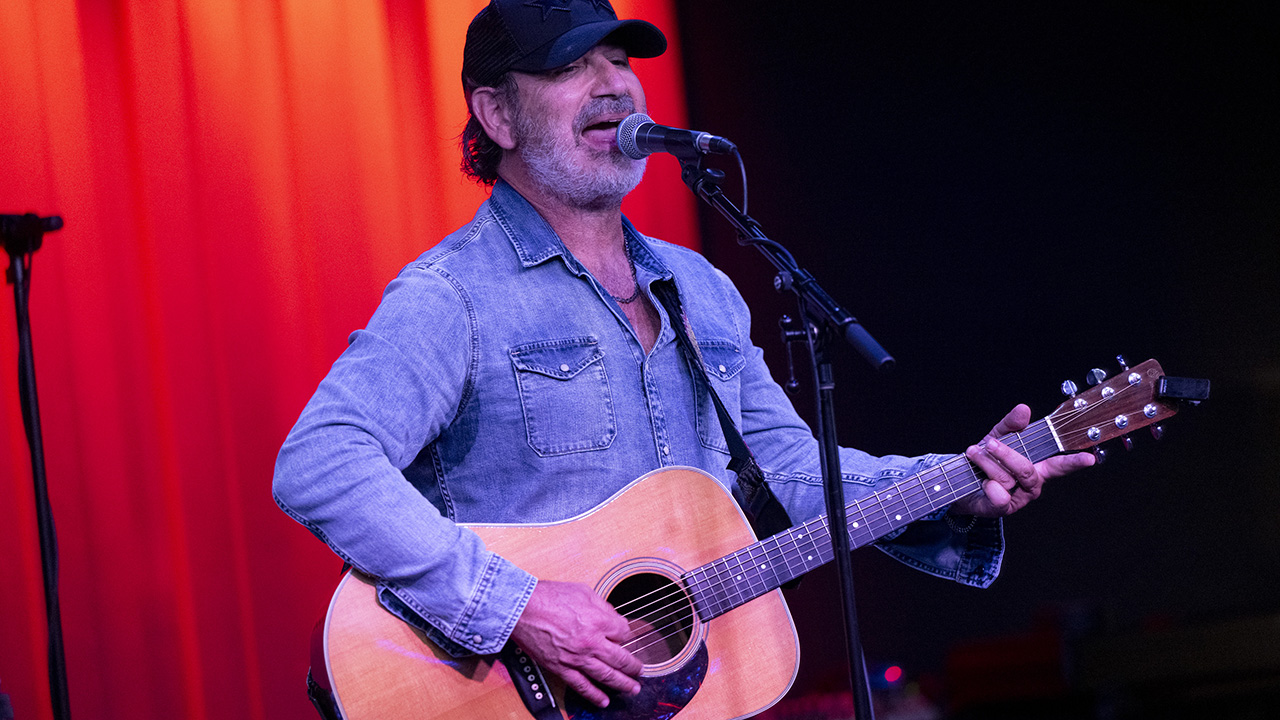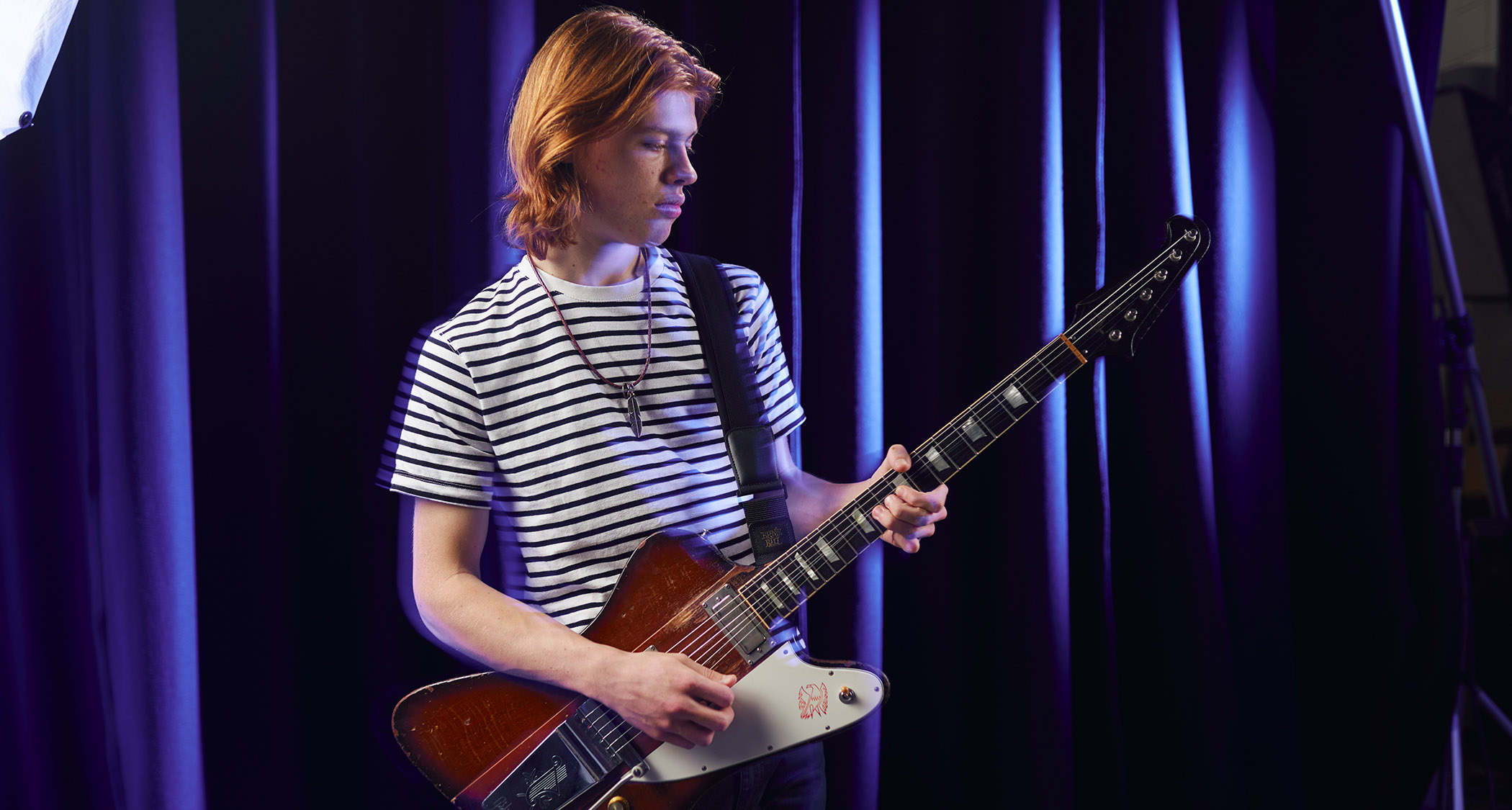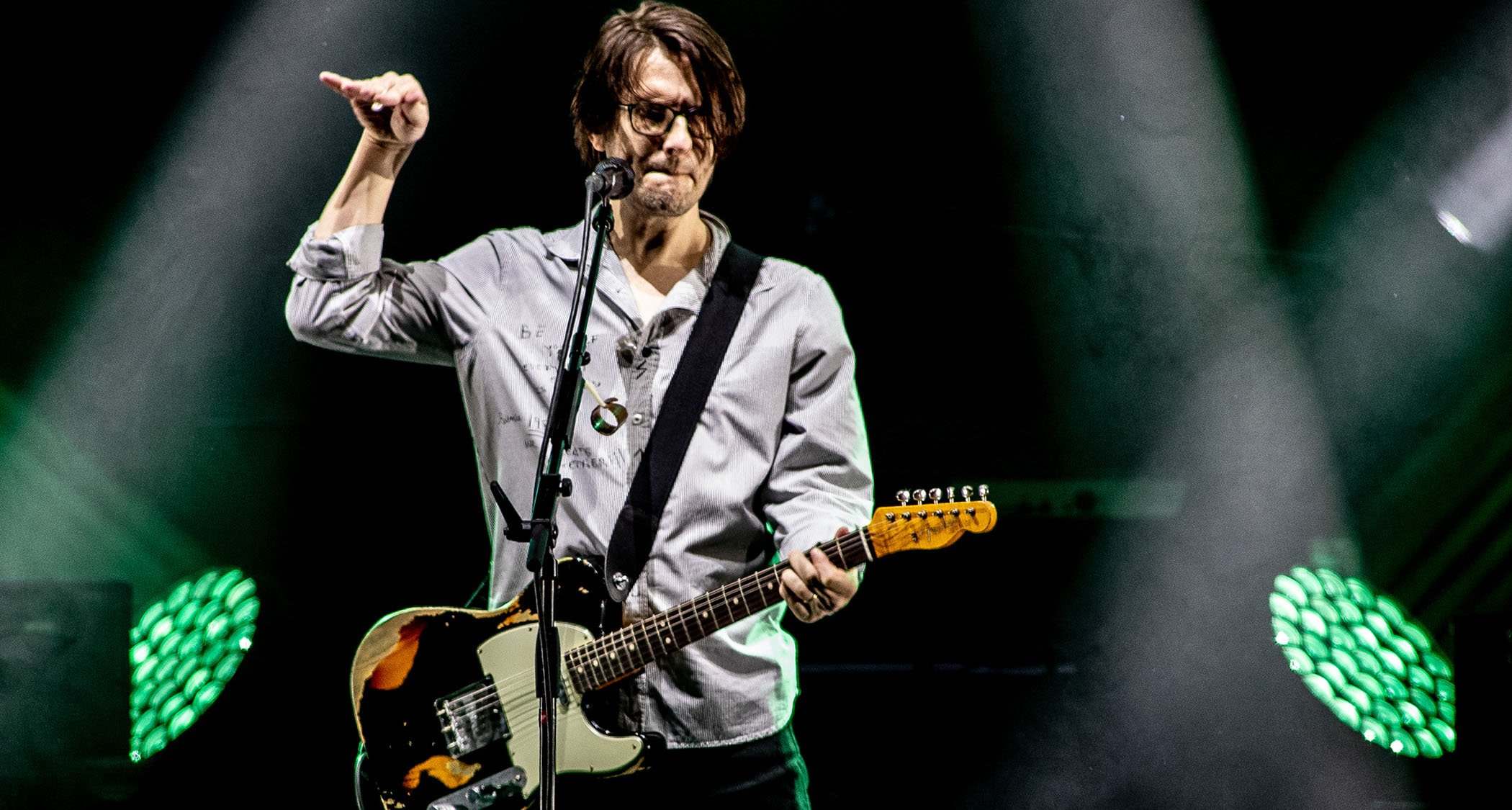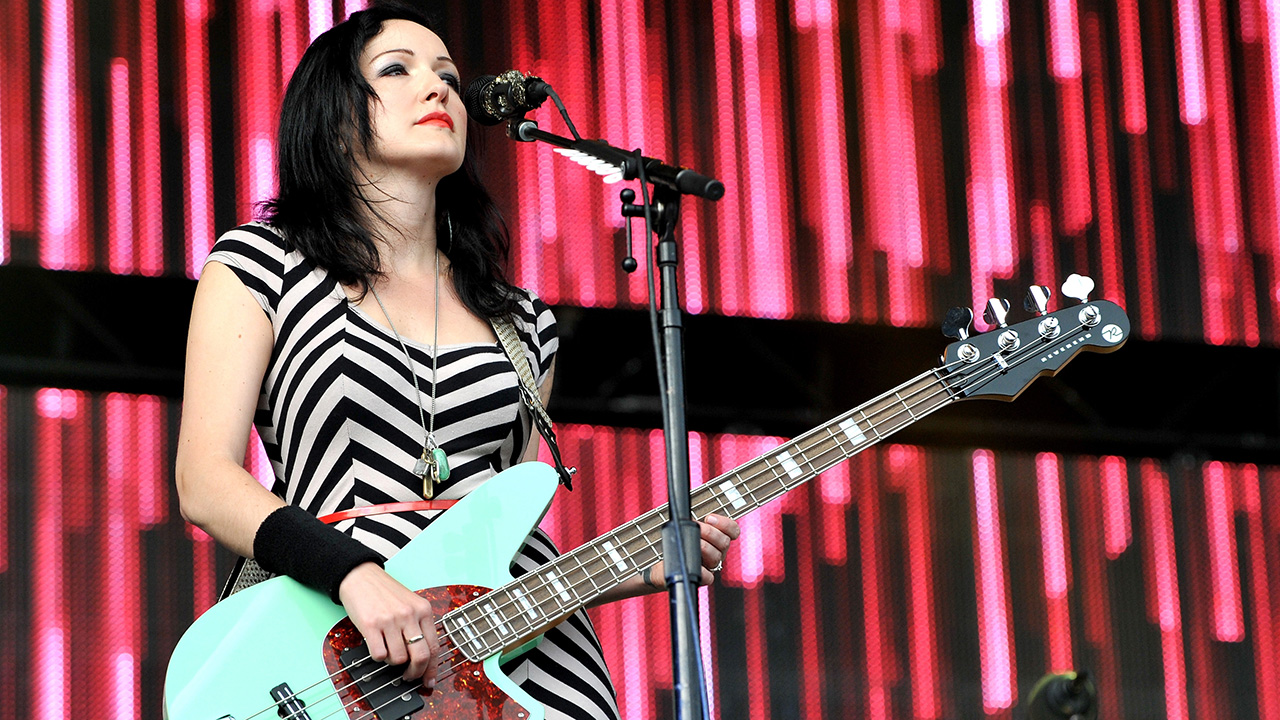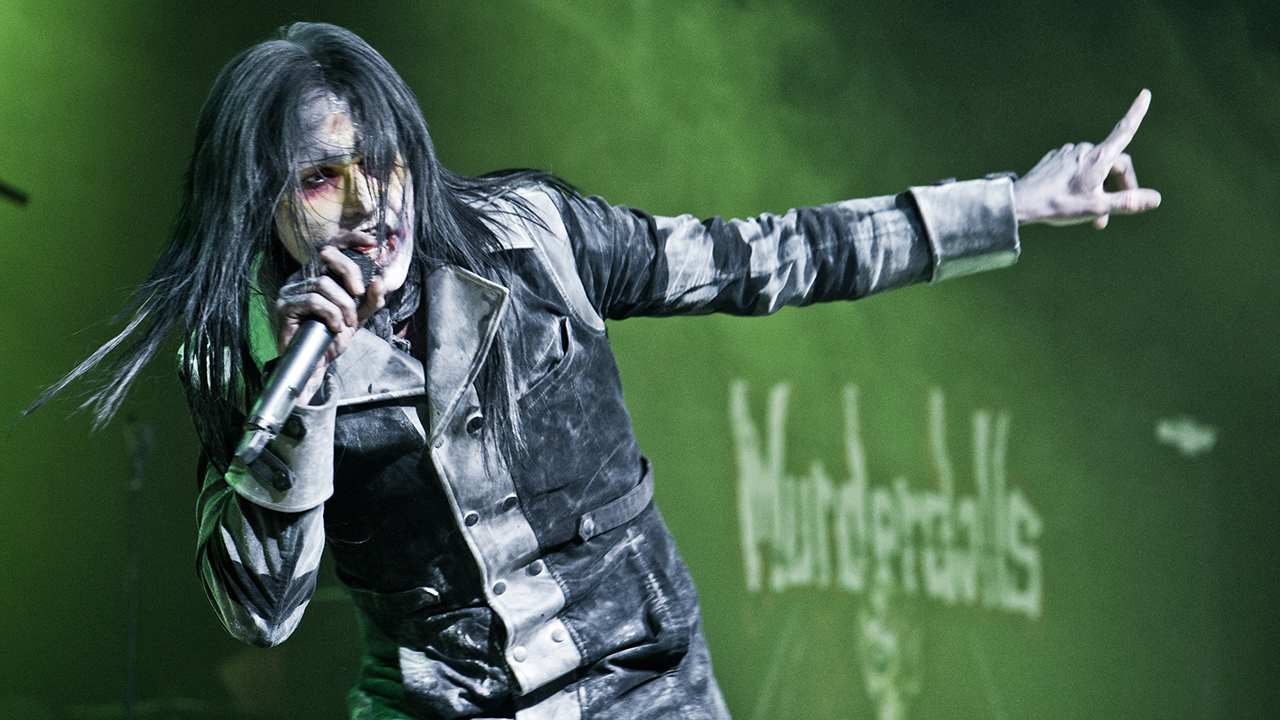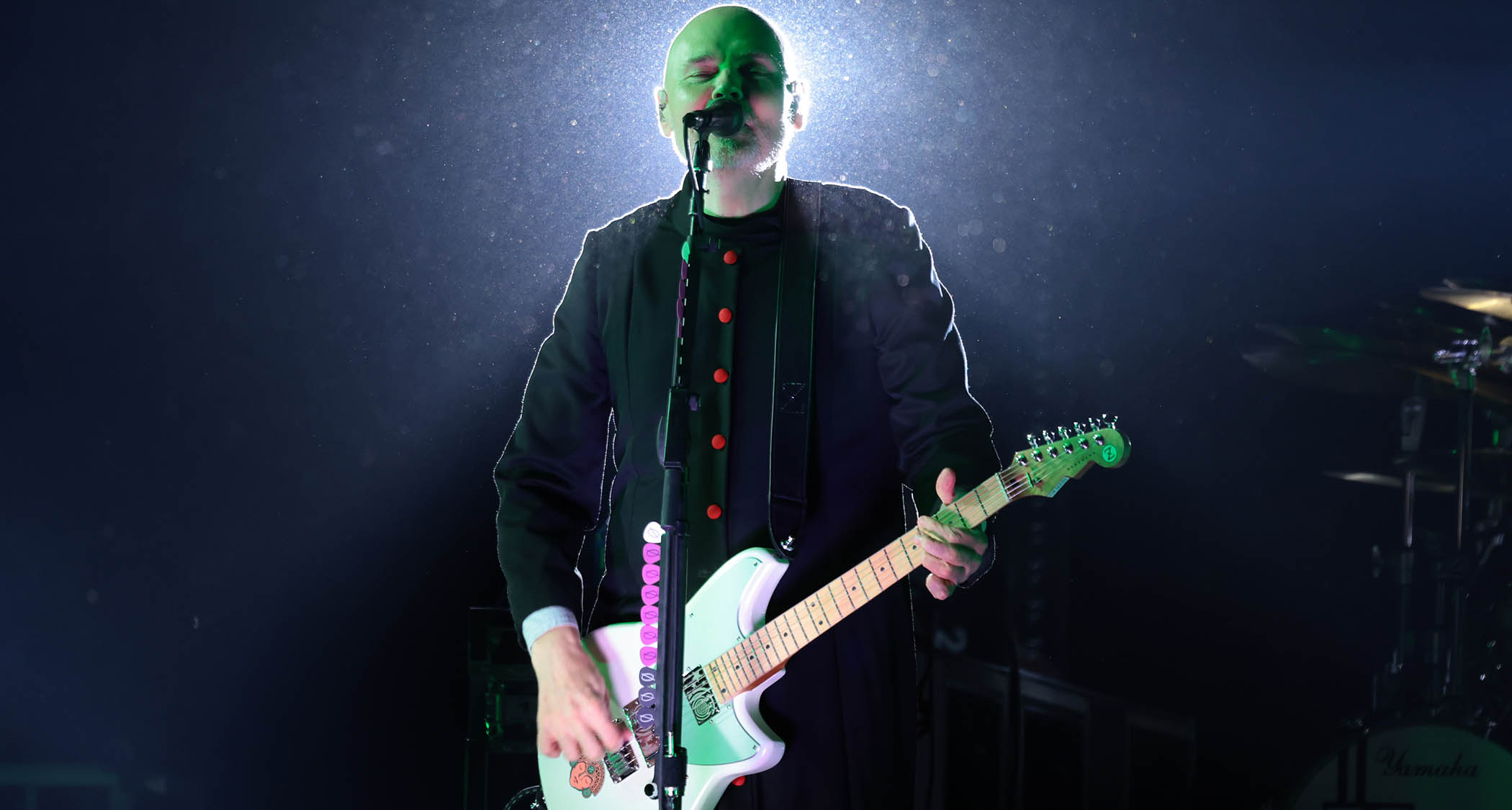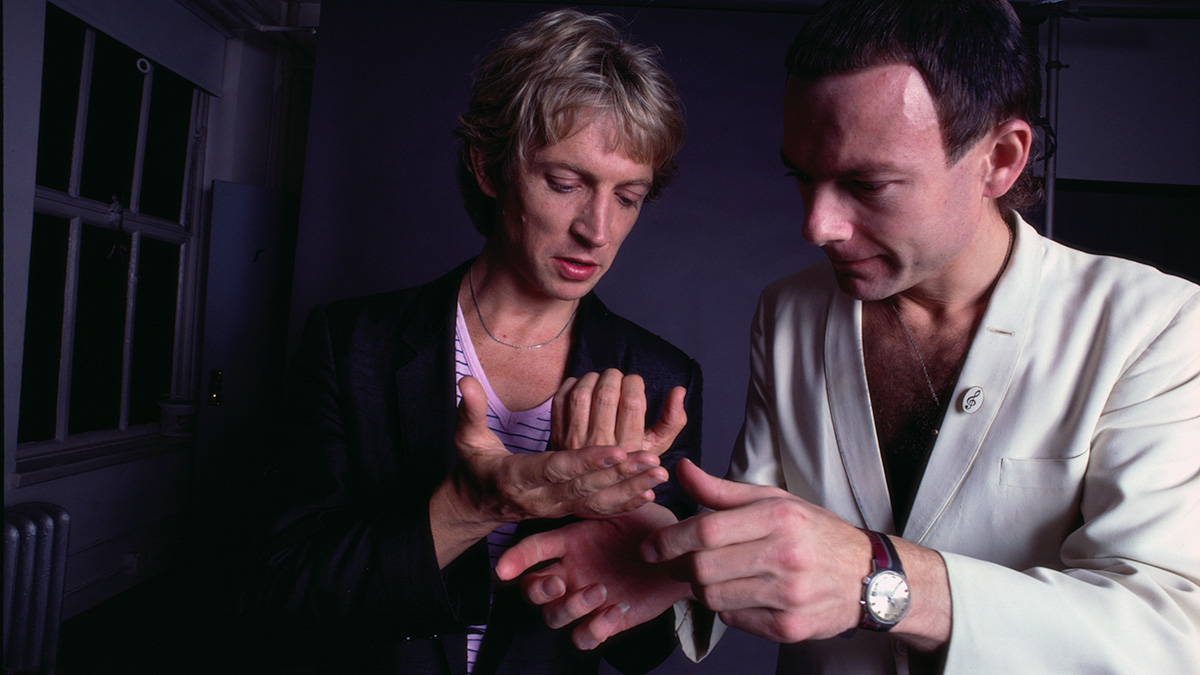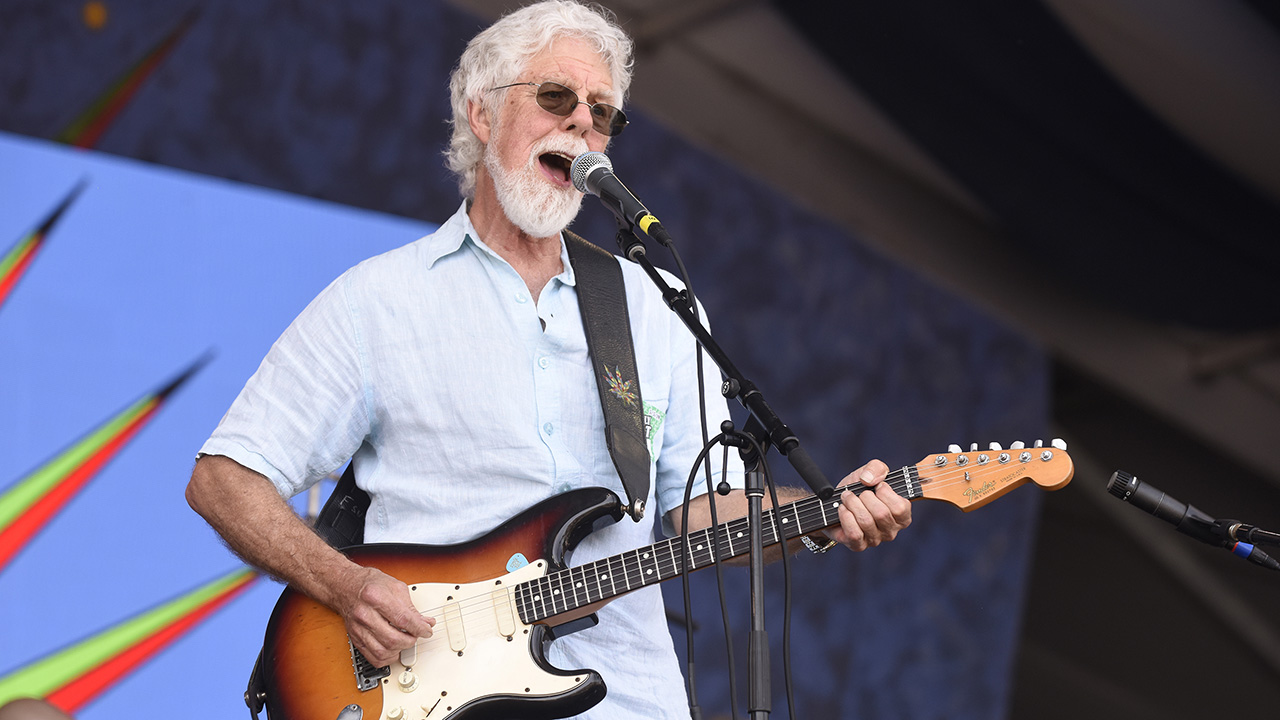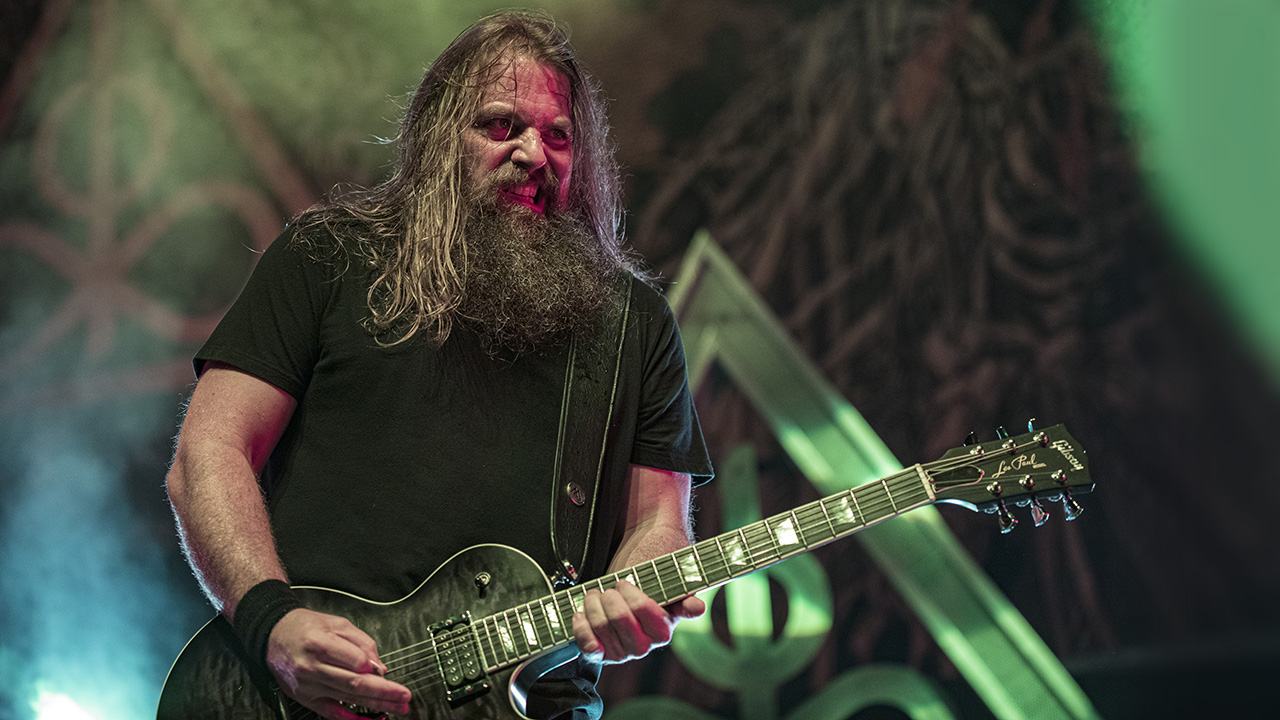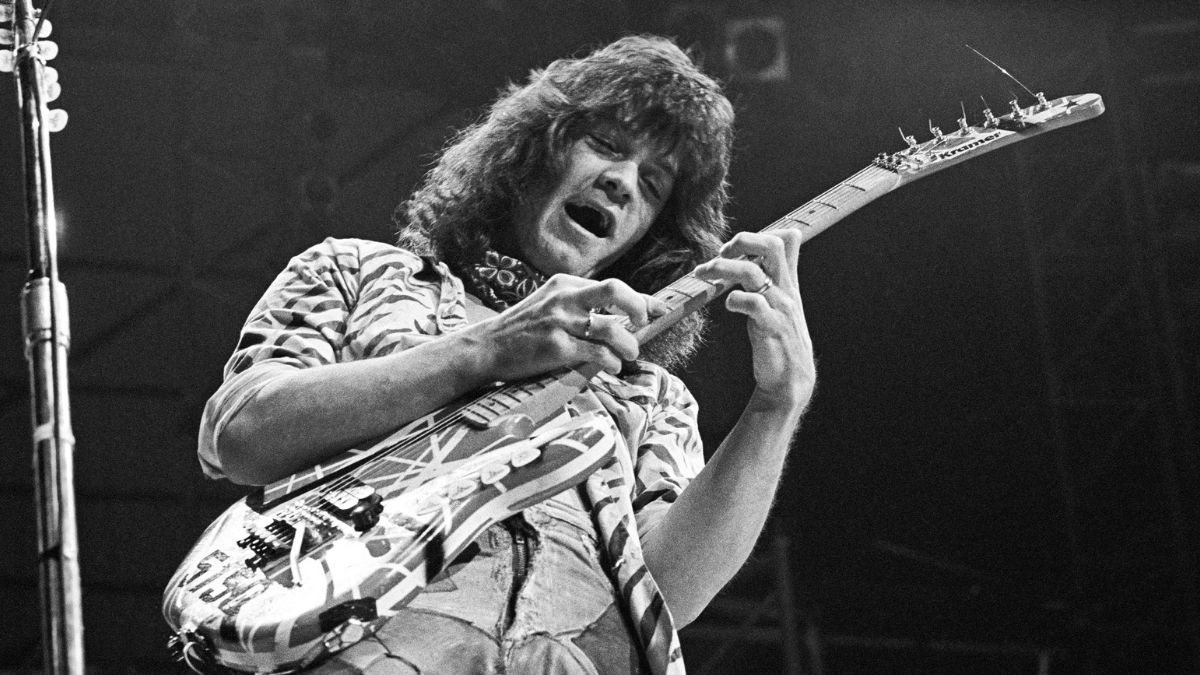John Primer: "When I played with Muddy Waters, he set my amp tone up for me. I use the same settings he gave me back in the mid-'70s"
The blues veteran discusses his love of Epiphones (and why he never clicked with Strats), what he learned as a sideman to Muddy Waters and Magic Slim, and the secret to his enviable tone
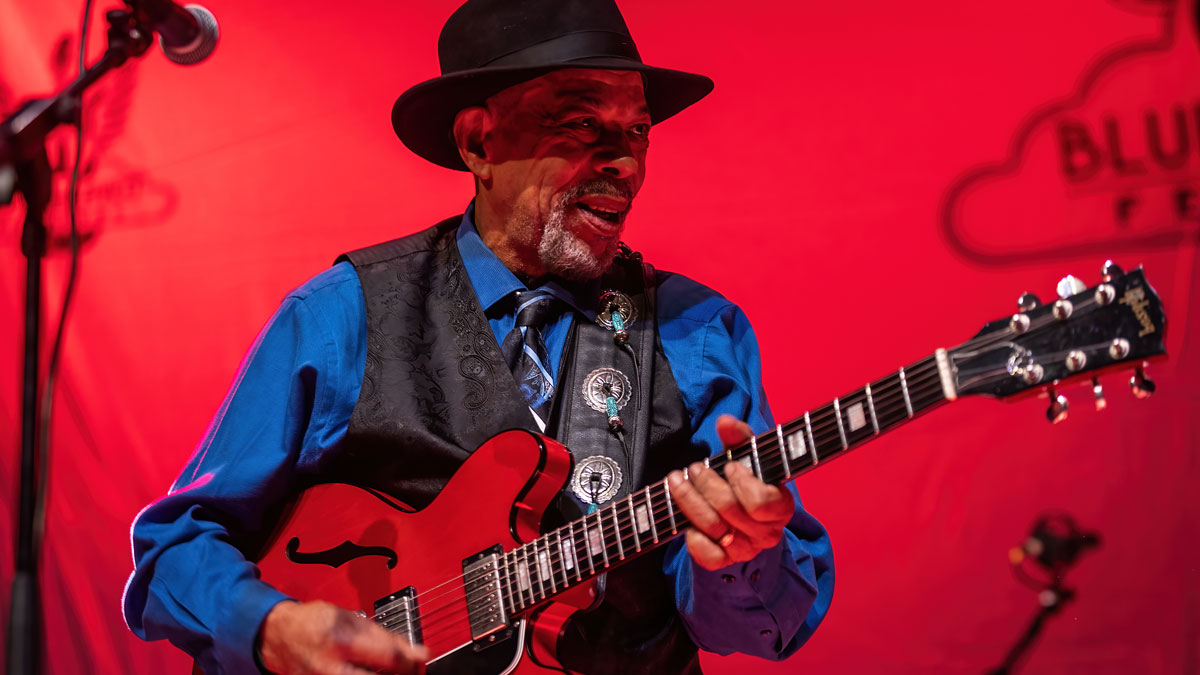
Having played sideman to titans of the blues such as Junior Wells, Willie Dixon, Muddy Waters and Magic Slim, when it comes to the blues, you could say that John Primer has seen it all.
Now, at the age of 78, Primer himself is not only an elder statesman within the genre, but a pillar holding the blues up. Having played a part in dozens of records of late, it's Primer's ongoing solo career that has taken center stage, garnering the veteran bringer of soul long overdue recognition.
When asked what the late-career success of his latest record, Hard Times, means to him, Primer replied, "Oh, man, I can't tell you how good I feel about it. I'm always excited about getting a new CD out there, but this one is that much sweeter. I mean, it ain't gonna win a Grammy or anything, but hey, that's all right. I feel like the blues is always an afterthought for people – it's always been that way."
In an age where debates constantly sprout up regarding the validity of awards shows that sometimes ignore old-guard genres such as the blues, leaving them unrecognized, indeed, it's refreshing to see Primer getting his due.
To that end, Primer offered his thoughts on the matter: "For Hard Times to be recognized by the Blues Foundation, to me, that's something right there. I ain't counting on any Grammy, no way, but I'll take the three [Blues Music] awards I've been nominated for [Album of the Year, Best Traditional Artist, and Best Male Traditional Blues Artist].
"It's a sad thing, though – people these days don't know or maybe just don't want to hear the real thing when it crops up. And when it comes to the blues, I am the real deal, I can tell you that."
As he approaches 80 years of age, like many of the greats who inspired him as he was coming up, Primer is forever young. Still inspired by the same ideals which cropped up as a youngster and unrelenting in his approach and simple setup, Primer appears poised to continue his late-career surge.
Get The Pick Newsletter
All the latest guitar news, interviews, lessons, reviews, deals and more, direct to your inbox!
Prideful as he looks ahead, John Primer dialed in with Guitar World to discuss his early musings on guitars, his lifelong love of the blues, sharing the stage with Muddy Waters, and the merits of cheap guitars and pawnshop amps.
What first attracted you to the guitar?
"When I was a little kid, we lived on a little street along an old gravel road, and there would be guys coming down the road with guitars in their hands, and I took one look and knew I loved it. And then, later, I'd go over to my grandmother's house down in Mississippi, and my cousin would be there, and he'd have a guitar, too. We'd be there every Sunday morning, and I'd watch him play his guitar and sing the blues. That was what inspired me the most and what got me into the blues."
What pushed you to make the blues your life's work?
"When I was a kid, the blues was all I knew. It's what we lived, what we sang about, and what we listened to. For us, that was real – it wasn't just stories. Well, it was stories to others, but for us, it was our stories. And there were always blues records playing in the house – we'd spend hours each day playing old 45s and 78s, and I think all that rubbed off on me, too. I remember hearing that music and being so inspired by the guys on those records.
"You had Muddy Waters, Howlin' Wolf, and all these old guys, and I got really into all of it. That ended up inspiring me to play the blues because, again, that was all I knew and all I ever heard. There wasn't any other way for me. When it's a way of life for you, and it's all you've ever known, it becomes obvious that you're gonna do that, too. Even though I ended up studying other types of music, I guess I was just born to play the blues."
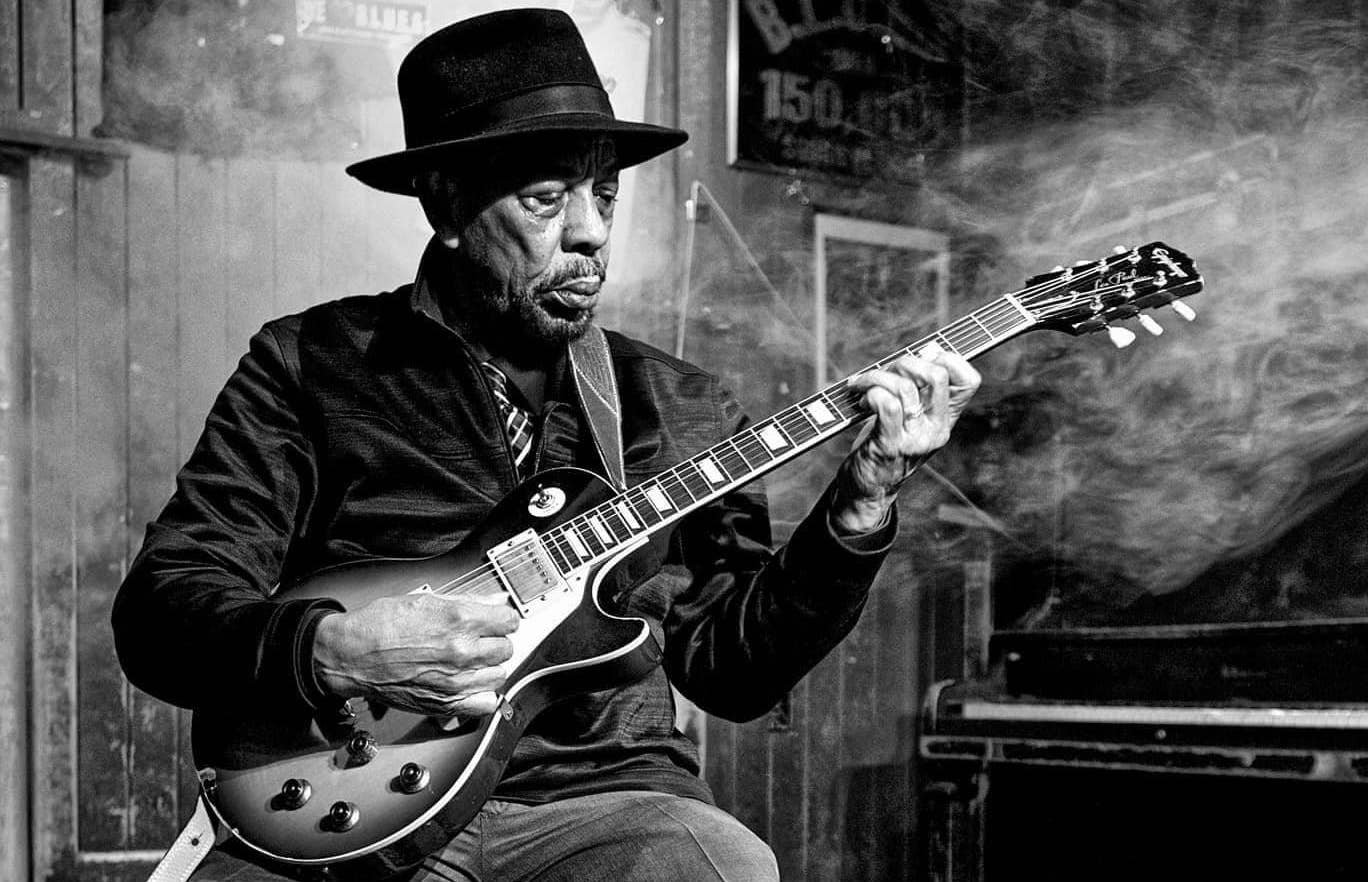
Describe your approach. What comes first, the lyrics or the guitar?
"For me, the lyrics always come first. With me being a guitar player, you might think it's the other way around, but it's not. I'll go through something word for word and write each thing down until I finish it, and that's when I add my guitar. I do it the old-fashioned way, though, I come in with a pencil and paper, and as things come to my mind, I write them down.
"People have to remember that most of the best blues songs were written back in the day, and that's how I do it. So, for me, the lyrics end up inspiring the guitar that I add in later. All it takes is one word to come to my mind for me to want to make a song out of that. Blues is easy – when you make it complicated, you're screwing it up."
From there, how do you craft your guitar parts?
I don't write anything. None of it is pre-planned, thought out, or whatever it is that people do. All my guitar parts come from my mind, meaning as they come to me, I feel them and make them real
"Here's the thing – I don't write anything. None of it is pre-planned, thought out, or whatever it is that people do. All my guitar parts come from my mind, meaning as they come to me, I feel them and make them real. I don't know anything about writing or reading music, so I have to go with what I think – that's what I rely on. And so, if I ain't feeling behind it, and it's not something I want to keep and take with me, then it's no good.
"There's something to that, the idea that you don't need to be writing things down and overthinking them. Sometimes, it's better just to play, let things come out, and see if there's something there when you're done. That's what I do."
You're known as a great slide player. How did you develop your technique?
"After I moved to Chicago, I played regular guitar, and I wasn't really messing with the slide at all. And I'd see these guys playing slide, and I was so impressed, and while I tried my best, I could never get the hang of it. So, around 1974 I got a job in a club called Theresa's Lounge backing up Junior Wells, and I remember that all the old blues guys would come down and hang out.
"Muddy Waters would come in there and play with Sammy Long, who could play some great slide, and that inspired me to keep trying to play slide, how to hold the slide, and all that. What I learned was a lot of people held the slide over their whole finger, but some only had the slide down to the bend of the finger joint. The other thing I learned was how to deaden the strings and to tune my guitar to open D, all of which were important to me picking it up."
You played with Muddy Waters later in his life. How important was Muddy to your development?
"Before Muddy, I played with Willie Dixon, so I was prepared to play with Muddy. I learned a lot working with Willie, but most of all, I learned what it meant to really feel the 12-bar blues. But Muddy was very important to me, and when I got to work with him, man, it was a dream come true. When I was a little kid growing up down South, I'd be holding my guitar and dreaming of working with Muddy. So, the idea that I could actually work with him was crazy to me."
Can you recount how you officially joined Muddy's band?
"Like I said, being sideman to Willie in late '79 helped a lot, but being with Muddy was a whole different thing. I had only been in Willie's band for maybe six months, and we were playing in Mexico City, and that's where Muddy heard me play, which would be around 1980.
"After that show, Muddy asked Willie about me and said, 'Listen, my whole band's just quit. Who was that young man you've got playing up there with you?' Well, Willie said, 'Ah, that's John Primer. Yeah, he's pretty good, he can play a thing or two.'
"I guess Muddy must have liked what he heard 'cause he said to Willie, 'Well, that man sure knows my music. My band quit, and I'd like to have him in my band.' Willie gave Muddy his blessing, and not too long after, Muddy asked me to be in his band.
"I didn't even think about it – I said, 'Sure, I'm in. Tell me where and when,' and we jumped right on tour. I was blown away, and to this day, it was one of the greatest experiences of my life to play with my number one influence. Muddy never messed around – there were no funny changes, it was all business, and I loved every minute of it."
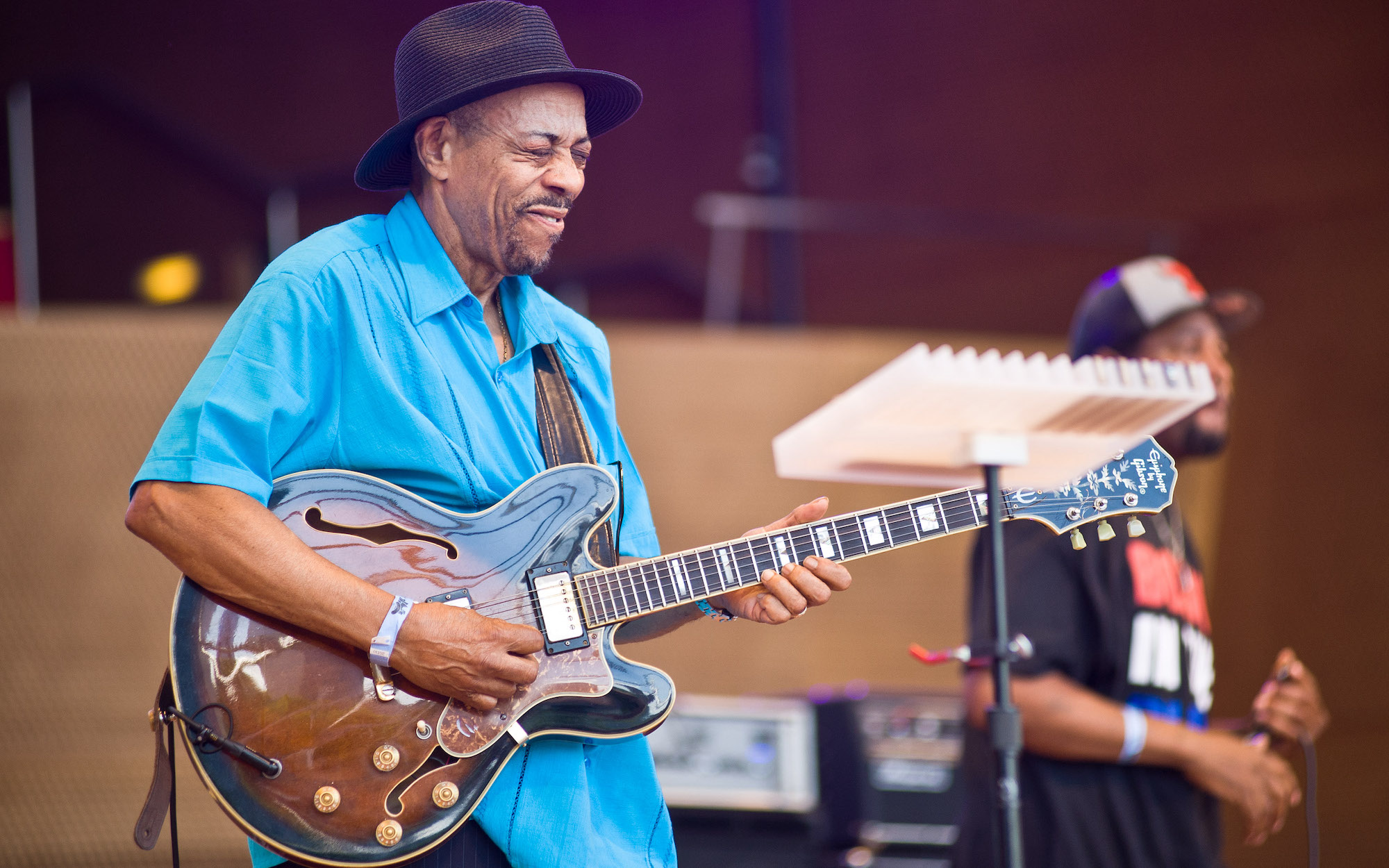
What did you learn while playing with Magic Slim?
"What was great about Slim is he let me play the way I played. I worked with him for 13 years, and he made it clear that the reason I was in his band in the first place was that he liked how I played the guitar. I used to open the shows for him and do my own stuff, and then we'd do the Magic Slim set after that. Magic Slim was never selfish on stage, and he let me play a lot of solos and had no problem giving me the spotlight.
"I mean, sometimes I didn't want to play those solos, but I had to because Slim was the boss. I would get angry sometimes 'cause I didn't want to play those solos – I'd never let him know it – but I realized that the reason why he was making me play those solos was that he not only respected me, but he was teaching me something.
"So, I took it as a chance to learn and get more comfortable taking the lead. I had no choice, I had to do it, but it ended up being a good thing for me, and I'm better for it. And I'll say this about Slim, he never got angry at me over anything – he treated me really well."
What's the secret behind your guitar tone?
I don't like distortion – it ruins the song. I like clear sounds with nothing else involved
"I keep things really simple – I don't mess around. I like a clear tone with no distortion or anything like that. I don't like distortion – it ruins the song. I like clear sounds with nothing else involved.
"If you go back and listen to guys like B.B. King and Muddy Waters, they had clear tones and didn't mess around with anything. They kept it simple. My tone was developed when I was playing rhythm and slide, and I never messed with it beyond that.
"When I played with Muddy, he set my amp tone up for me, and there's a little – and I mean a little – reverb there, but that's it. I use the same settings he gave me back in the mid-'70s when he came into the club. He gave me that, and who am I to change the tone that Muddy Waters gave me? I don't try to be him – I do it my way – but I take what he gave me seriously. That's why I'll never change my tone."
What combination of amps are you using these days?
"Back in the day, I used a whole lot of off-brand amps, stuff that I can't even remember the name of. I've still got a 1965 Fender Twin that I got from Junior Wells in the mid-'70s. I still have that one he used, but I've got new ones, too.
"I like to use my '65 reissue to keep the old one safe. I've also got a Fender 1000 with 12" speakers, which sounds just like the Fender Twin. I got that amp for $40 in a pawn shop years ago, and it's served me well. I've had that for maybe five or six years and used it all over. I got a great amp for nothing, and it's light enough for me to pick it up and go."
You've been known to use Epiphone guitars. What goes into that choice?
"I've loved Epiphone for a long time, and I'm still using the Epiphone. I tried Strats early on, but I never could get comfortable or figure out how to play properly with them. So, I've got my Epiphone Les Paul, but I also recently – over the pandemic – got an Epiphone semi-hollow guitar.
"I've found that while it's a simple guitar, it still adds a little bit more edge to the music than the Epiphone Les Paul. I found that it has a different tone, and it kind of reminds me of the guitar that B.B. King used, which is never a bad thing.
"It's like B.B. King says, if you wanna get rich, you gotta play a Gibson – and here I am playing these cheap guitars all these years [Laughs]. At this point, though, I don't care about getting rich: I'm doing what I love, and I'm happy playing music with my cheap guitars. I don't need a lot of knobs, and I don't like to mess with settings and changing things.
"Epiphone are damn good guitars – to me, it doesn't matter how much they cost. It ain't about the guitar; it's about the person playing it."
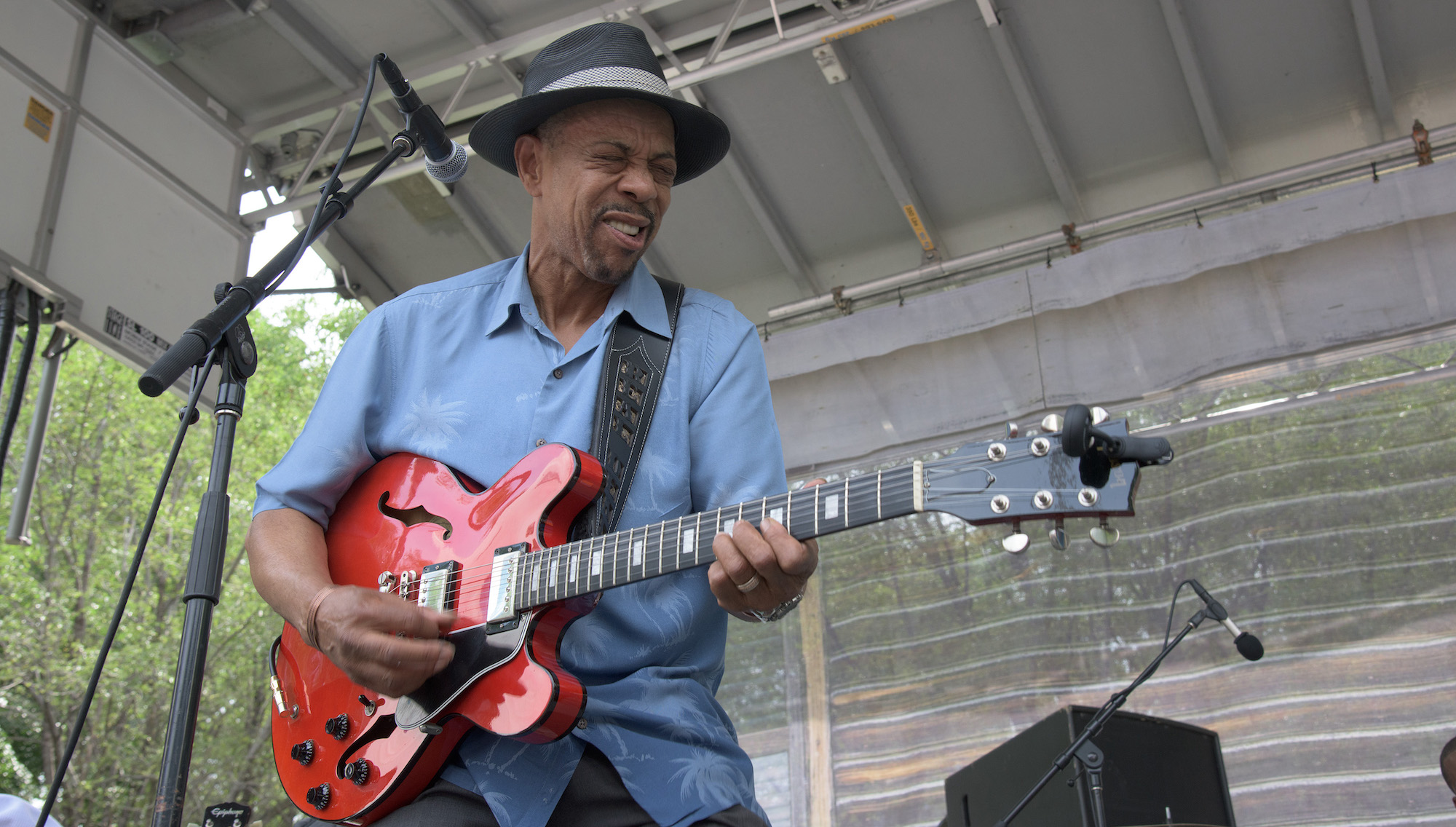
For a young player just starting, what's the secret to playing the blues?
"Ah, man, you just gotta go at it with everything you got. Ask yourself, 'What am I feeling right now?' and then go from there. The way I see it, there ain't anything that can't be solved with a guitar. But if you want to play the blues and get it out, you've got to be angry and take that anger out on your guitar.
"If you wanna play good blues, you've got to be mad, squeezing that neck as hard as you can and gritting your teeth like hell. But don't go gettin' too deep, even if you're dealing with some heavy feelings, just let it go and go at it.
"It's about the feeling, and if you try and get too worried about getting a certain sound or whatever, you're gonna struggle. So, the best thing to do is not overthink it – take the anger out when playing the guitar and feel it. Also, don't get ahead of yourself, and if it comes out bad, try again, because real blues ain't perfect.
"The blues don't work that way; real blues is felt, it's not a particular thing. So, keep it real, and try to keep it solid as you can. If you do that, you'll be feelin' all right."
- Hard Times is out now via Blues House Productions.
Andrew Daly is an iced-coffee-addicted, oddball Telecaster-playing, alfredo pasta-loving journalist from Long Island, NY, who, in addition to being a contributing writer for Guitar World, scribes for Bass Player, Guitar Player, Guitarist, and MusicRadar. Andrew has interviewed favorites like Ace Frehley, Johnny Marr, Vito Bratta, Bruce Kulick, Joe Perry, Brad Whitford, Tom Morello, Rich Robinson, and Paul Stanley, while his all-time favorite (rhythm player), Keith Richards, continues to elude him.
“Norm was like, ‘Do you want to play with Joe?’ Before I could say ‘yes’ or ‘no,’ he brings Joe over and tells him, ‘Jason wants to play a set’”: Jason Sinay on jamming with Joe Bonamassa – and why his early sessions with Mike Campbell were a struggle
“I remember there was a video of Gary Moore and he played Red House on this Fiesta Red Strat, and I thought it was just the most incredible thing”: Is Toby Lee Britain’s next blues-rock superstar?

